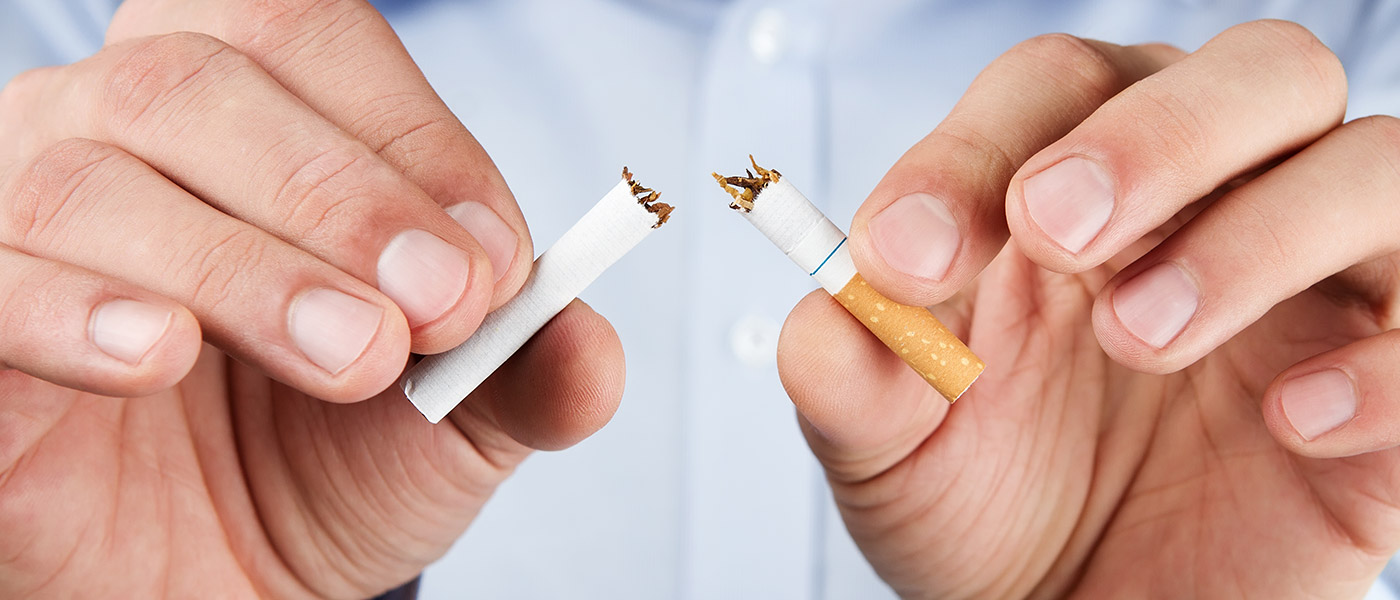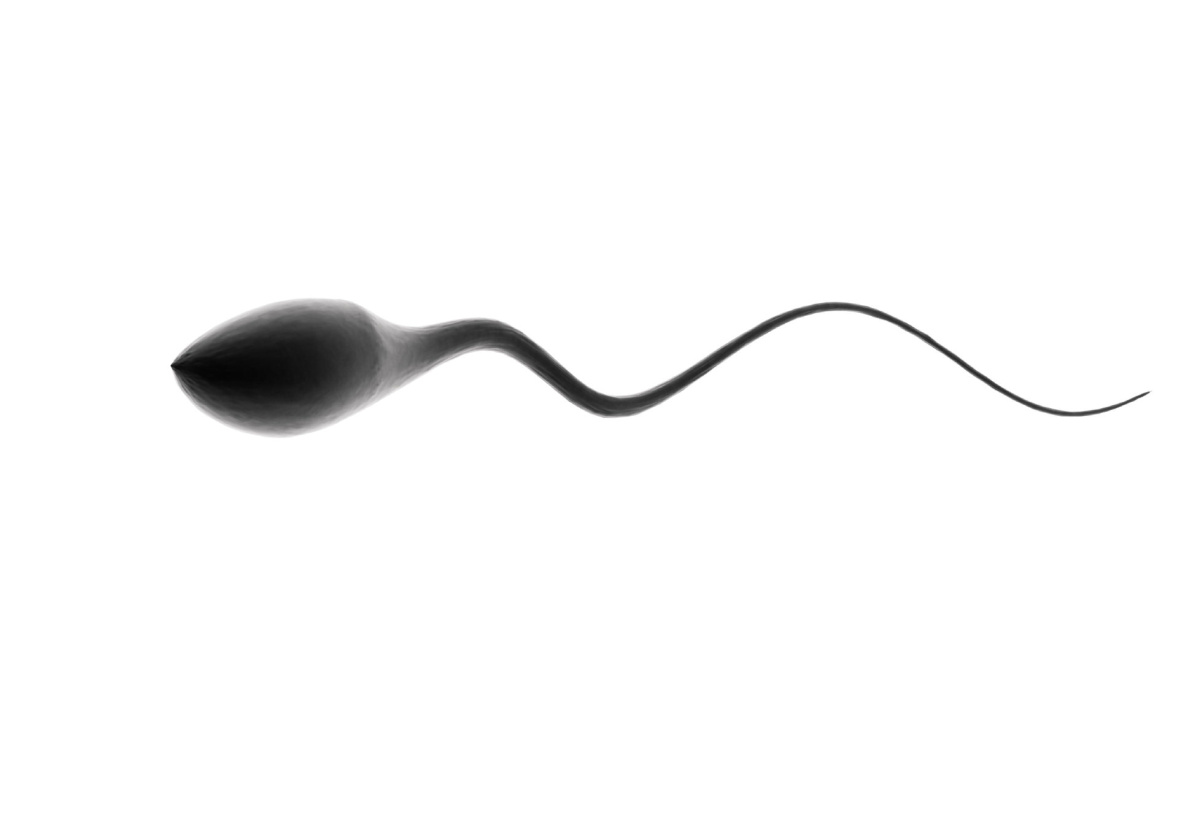Myths and Facts on Male Infertility
Thursday, November 30, 2017
Shrink your waist and expand your family!
And other myths and facts ON MALE INFERTILITY
 Myth: Age does not affect male fertility.
Myth: Age does not affect male fertility.
The quality and quantity of a man’s sperm begin to decline after age 40, and declines more after age 50. It’s not impossible for an older man to father a child, since they don’t go through menopause like women do and totally lose the ability to produce sperm. But sperm production does decline, and is a large part of some couples’ inability to conceive. A recent study found a direct link between paternal age and an increased risk of autism and schizophrenia. The study also shows that fathers pass on as many as four times more genetic mutations when compared to mothers. It is important that men are aware of their age and fertility potential during conception. If you plan to delay fatherhood, preserving fertility by freezing sperm is a relatively inexpensive way to “freeze” your fertility in time. If you are older and looking to conceive, a semen analysis evaluating count motility and abnormalities will provide valuable insight to fertility potential.
Myth: Only women need to take supplements to improve fertility.
It has long been known that women should take folic acid while trying to conceive, as well as during pregnancy to prevent certain birth defects, but folic acid is now known to be an important supplement in male fertility. Researchers at the University of California found that men had a higher rate of chromosomal abnormalities in their sperm when their diet was low in folic acid. Coenzyme Q10 has also been found to increase sperm count and sperm motility, while Vitamin E also improves low sperm count.
 Myth: Smoking doesn’t affect male fertility.
Myth: Smoking doesn’t affect male fertility.
Statistics don’t lie. Smoking increases chances of male infertility by 30 percent. Cutting out cigarettes is an obvious health advantage, but many don’t realize how harmful cigarettes can be to fertility. A report by the British Medical Association showed that smokers may have up to a 10-40 percent lower monthly fecundity (a.k.a. fertility) rate. The American Society for Reproductive Medicine has estimated that up to 13 percent of infertility may be caused by tobacco use. The effect is dose dependent on the number of cigarettes smoked per day. Smoking as few as 5 cigarettes per day has been associated with lower fertility rates in males (and females).
Myth: Cell phones, laptops, hot tubs and bicycles don’t have an effect on semen quality.
Heat in extreme amounts can damage the testes and decline semen quality. A recent study by Fertility and Sterility journal found that the heat created from laptops can affect sperm motility and cause DNA damage. Cell phone emissions can also cause sperm damage, so keep phones in the back pocket and put a fan under your laptop. Men should be careful of putting too much time on the bike or lounging too long in a hot tub. Not to worry – semen quality typically declines only in extreme use or regular exposure. Enjoy your life and simply be aware and moderate in your habits. If you’re trying to get pregnant, ask your man to stay out of the sauna, Jacuzzi or hot tub, whether it’s after a workout at the gym or in someone’s back yard. Some research has found that men who regularly use saunas and hot tubs produce less sperm and their sperm has lower motility (ability to swim.)
Myth: Male infertility is genetic.
While male infertility can be genetically passed down, there are several different factors that can cause male infertility. A cancer diagnosis or injury can result in male infertility, while repeated infection or immunity problems can decrease male fertility. A multitude of lifestyle choices such as diet, nutrition, smoking habits, drug use, exercise habits and body weight can decrease male fertility.
Myth: Medical problems do not affect male fertility.
Chronic conditions such as diabetes and liver cirrhosis can cause abnormal male ejaculation due to nerve damage and retrograde ejaculation. Muscles in the bladder normally close during ejaculation, preventing the entry of semen. During retrograde ejaculation, the semen is redirected into the bladder when these muscles fail to activate. If you are concerned that a chronic condition may be impacting your fertility, reach out to a physician to learn more
.Myth: Weight does not affect male fertility.
Maintaining a healthy weight is one of the best actions you both can take, but it’s as important for the male partner as for the female partner. For men, it’s all about the sperm and the ability to deliver them, so to speak. Obesity in men is associated with decreased sperm count and quality, and may be associated with sperm that aren’t shaped right, so they can’t penetrate an egg. A study from the National Institutes of Health published in 2006 found that a 20 pound increase in a man’s weight might increase the risk of infertility by 10 percent. So a healthy diet and lifestyle is good for both of you, and for your future family. Extra weight presents a multitude of health issues, and can wreak havoc on male fertility. Obesity causes elevated estrogen and low testosterone levels, which can cause sperm count to decrease. Overweight males also experience a decreased libido. The simple solution is to calculate your Body Mass Index, which provides a healthy numerical range based on height and weight, and work towards it. Exercise will increase energy, decrease weight, and equalize testosterone and libido levels.
Myth: Diet does not affect male fertility.
Quite simply, you are what you eat. Men who consume high-fat diets have been found to have a decreased sperm count. Conversely, a mostly plant-based diet has been found to improve fertility and overall health. Fill your refrigerator and pantry with whole grains, fruits, and vegetables while avoiding thick cuts of meat and refined carbohydrates such as white bread and cookies.
 Myth -The more time men abstain from sex, the better sperm counts they will have
Myth -The more time men abstain from sex, the better sperm counts they will have
Waiting longer periods of time does not help with the quality of the sperm. Waiting longer than 2-3 days to have an ejaculation can decrease the sperm quality. If you have intercourse daily, it can greatly decrease the sperm counts and quality. Therefore, it is best not to have intercourse every day either. The best recommendation is to have intercourse every other day around the time of ovulation. This helps to keep the sperm quantity adequate and will help to improve the chances of success.
Myth -Taking testosterone will help improve my sperm counts
Many men think that they taking testosterone will help improve their sperm counts, when in reality the opposite is true. Taking testosterone will stop a male’s ability to produce testosterone as the pituitary thinks that enough testosterone is already being made. This in turn will drastically decrease the sperm counts and the fertility potential of the male partner.
Myth -There is nothing that can be done if a man has a low sperm count.
The first thing to do is to have an evaluation by a fertility specialist. They can help determine the best recommendation for treatment. It is important to evaluate lifestyle choices that may be contributing factors to the low sperm count such as: smoking cigarettes or marijuana, excessive alcohol intake, and being over or underweight to name a few. IUI and IVF with ICSI are treatment options that your physician may recommend to help increase your chances to conceive.
By Dr. Monikaa Chawla MD FRCOG (UK)
Consultant Reproductive Endocrinologist And Infertility – OB/GYN









